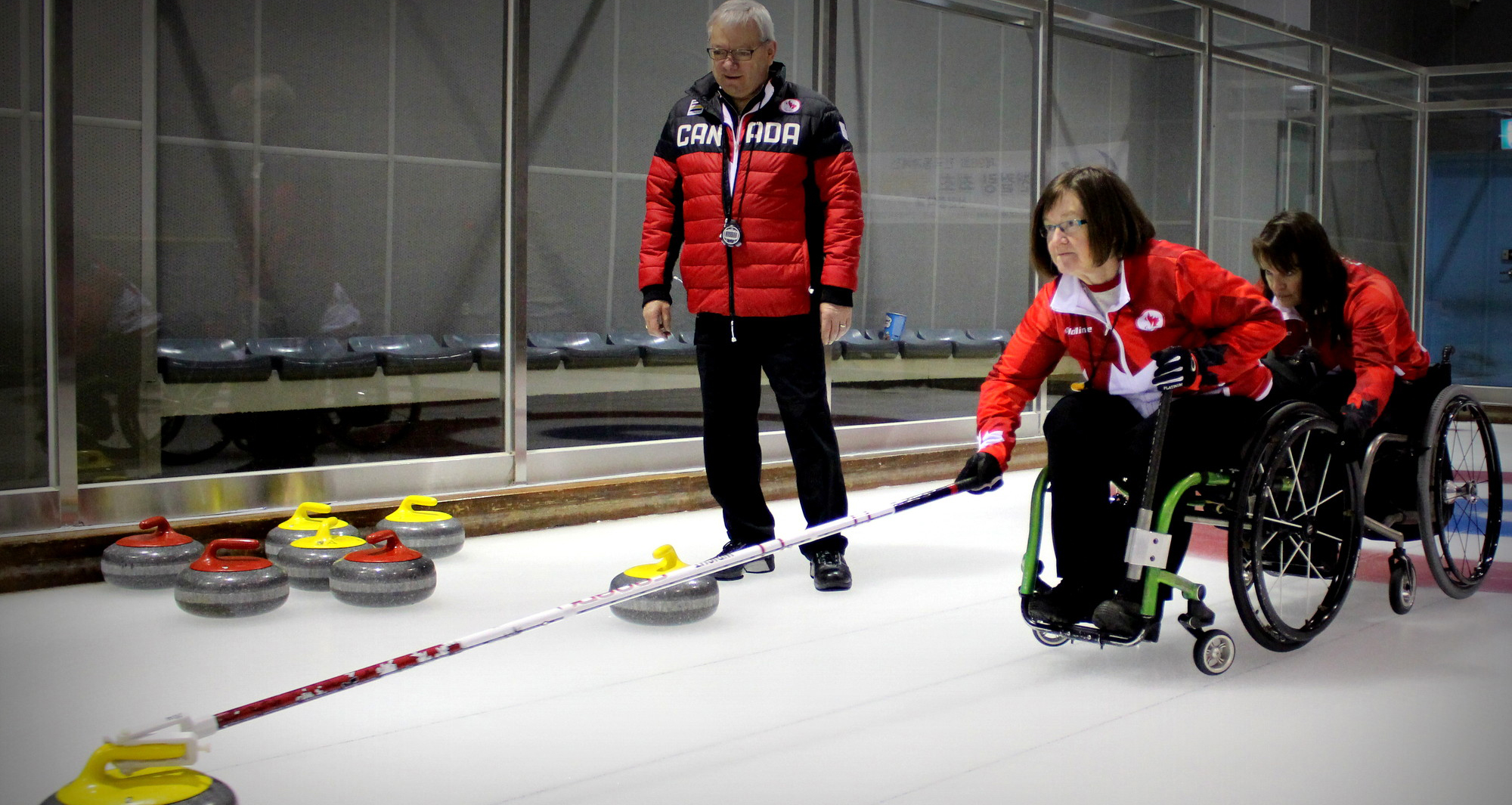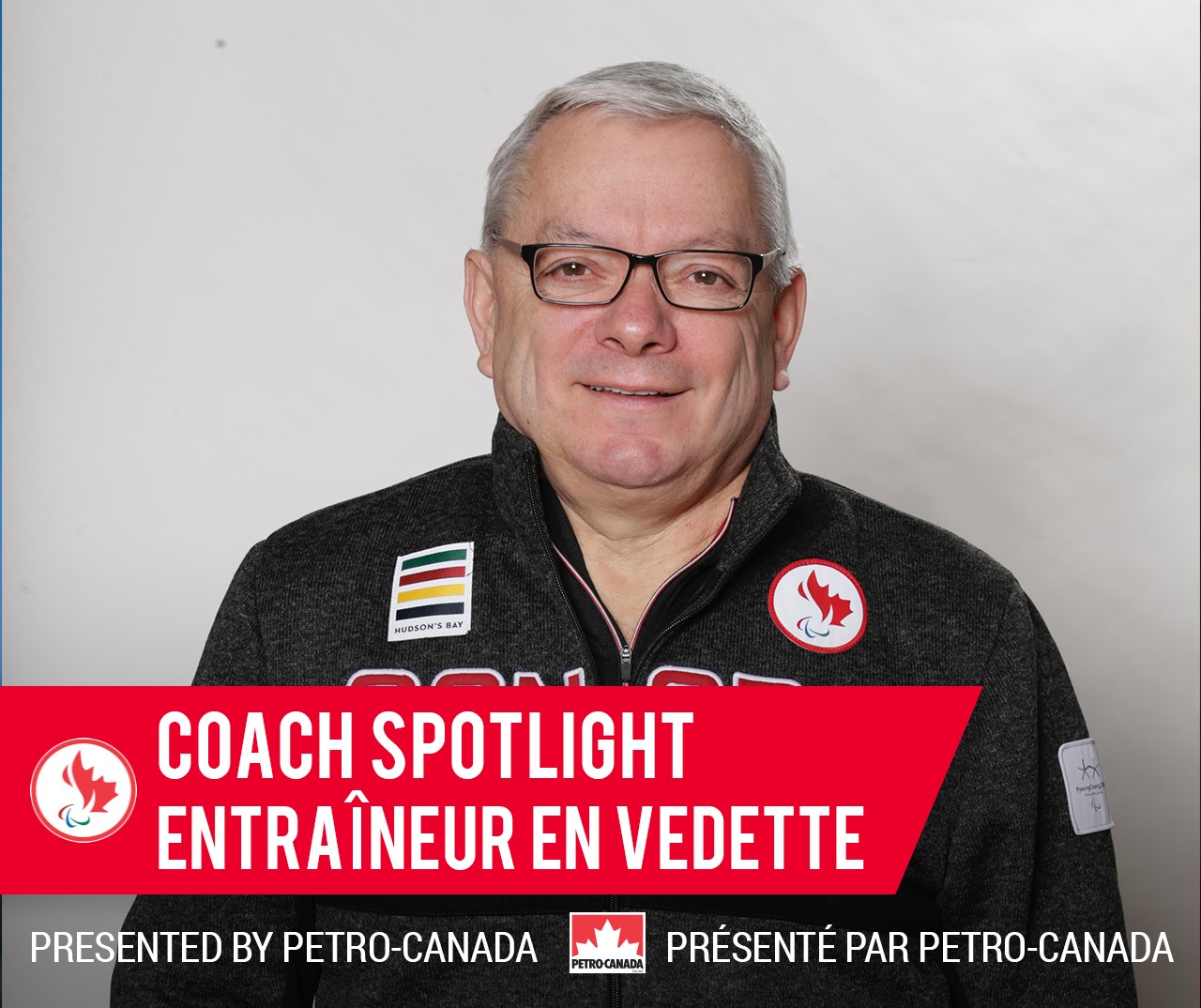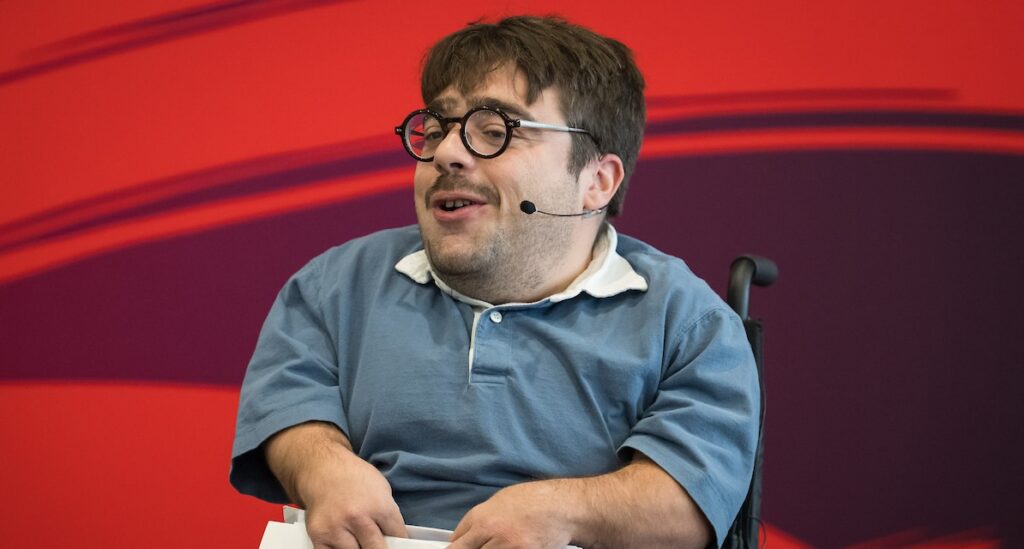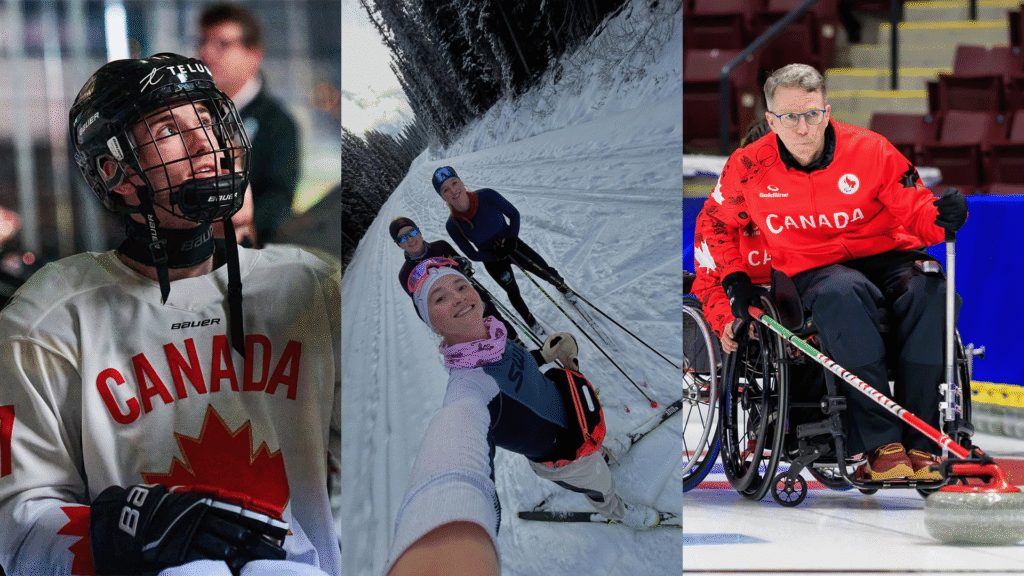Coach Spotlight: Wayne Kiel dedicates coaching skills to wheelchair curling
‘’I’m still amazed at the skillset our wheelchair athletes bring''

OTTAWA – Wayne Kiel has coached curling at all levels but nothing motivates him more than teaching the wheelchair version of the sport, whether it is to beginners or Canada’s national team players.
The 68-year-old from Regina, who is a Chartered Professional Coach (ChPC), began coaching competitive curling in the late 1990s and coached at eight provincial championships. He guided the Michelle Ridgway rink to the Scottie Tournament of Hearts in 2001. He was the high performance director for CurlSask from 2005 to 2015 before joining the national wheelchair curling program with Curling Canada in 2016.
He first became involved in wheelchair curling while he was at CurlSask. The sport was being introduced across the country by Curling Canada and Kiel expressed his interest in developing a program in Saskatchewan.
From there, he brought a team to Scotland for a tournament in 2009 as team leader, was an assistant coach with Canada at the 2014 Paralympic Winter Games, became head coach in 2015, and last year led Canada to Paralympic bronze in PyeongChang.

‘’I was interested in the sport,’’ said Kiel. ‘’I wanted to support the journey and provide opportunities for athletes with a disability in Saskatchewan, so that’s how I got involved.’’
For Kiel, it proved to be an eye opener.
‘’I’m still amazed at the skillset our wheelchair athletes bring,’’ he said. ‘’With the challenges they face in their every day lives, it’s wonderful they are so eager to be part of the wheelchair curling program. When I saw that, I got connected with them and stayed with the program.’’
There are some differences between coaching able-bodied and wheelchair curlers, said Kiel.
‘’Well for most wheelchair curlers it’s a new sport for them,’’ he said. ‘’Many were in other sports before their accident, and some not in any sport at all. Yet through wheelchair curling they found something they could be passionate about.
‘’So coaching that aspect from a personal understanding and awareness of what they’ve gone through and how much learning is required of them is obviously different from dealing with able-bodied players who have played curling their whole life.’’
Kiel’s tips for coaches starting out in Para sport and specifically wheelchair curling are:
– Be patient, most times you’re dealing with a different knowledge of the sport.
– The hardest parts to master are the strategic awareness of the game, the general feel of a curling stone, and to throw draw weight from a wheelchair. ‘’A lot depends on the level disability of the athlete,’’ said Kiel.
– Be adaptive. Each curler has a different process and skill set. There’s no book or pattern that says this is how wheelchair curlers throw a stone.
The attraction of wheelchair curling for people with a disability is its convenience and social aspect.
‘’You don’t have to travel miles and miles to get to a rink,’’ said Kiel. ‘’They can combine the sport with their jobs. The wheelchair curlers have a great appreciation for the opportunity.’’
Quality coaching is an integral part of sport and building podium performances. Each month with our Coach Spotlight presented by Petro-Canada, we will be highlighting Canada’s top coaches who have made an impact in Paralympic sport.



"*" indicates required fields
"*" indicates required fields